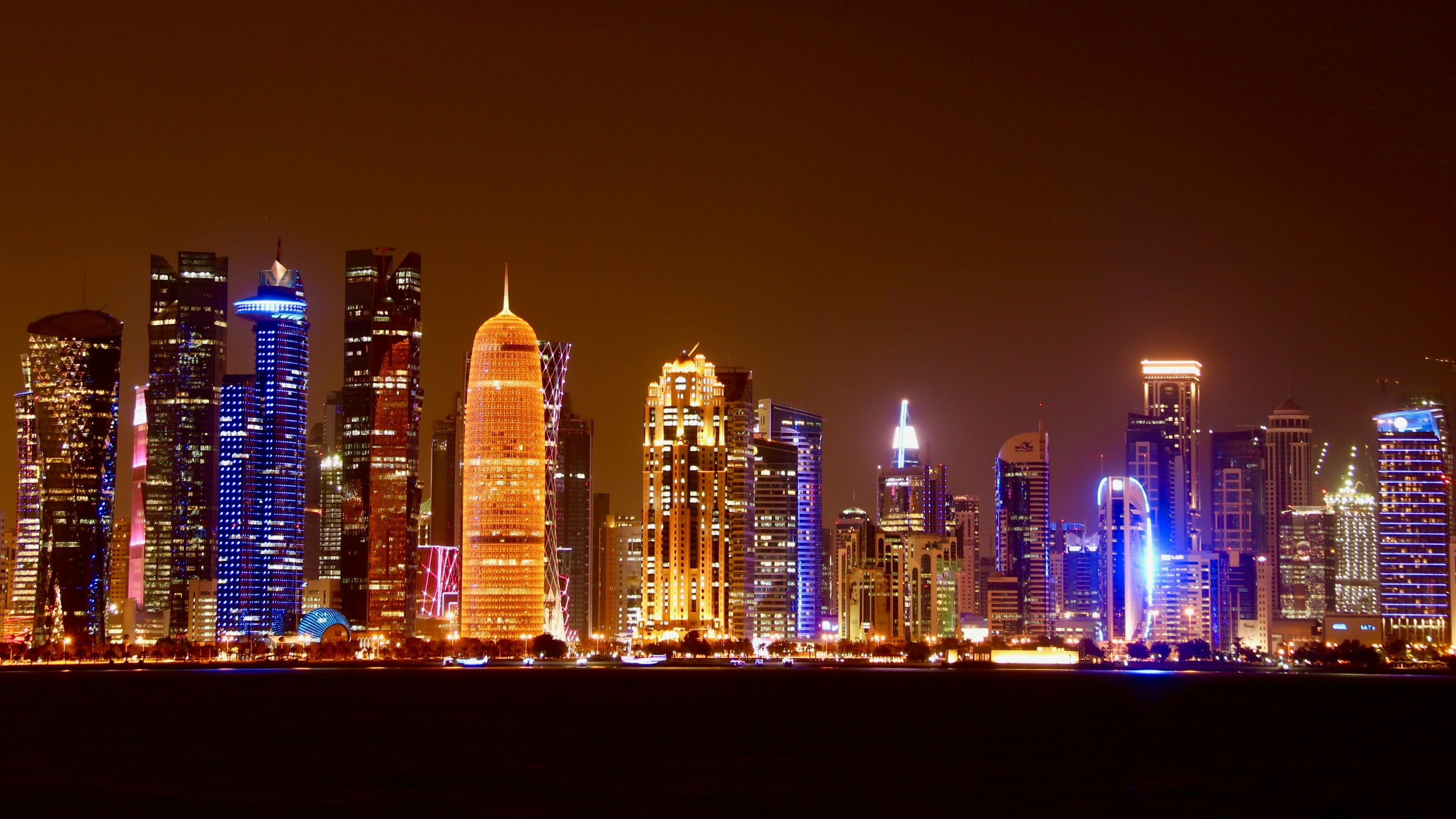
Cost of Living in Doha
2025-04-01
Doha, Qatar, has a complex cost of living environment with high expenses in housing, education, and recreation. However, tax-free salaries and robust job opportunities make it a viable option for expatriates and international professionals. This guide outlines essential factors such as immigration requirements, healthcare, safety, and the local job market, helping prospective expats make informed decisions about relocating to Doha.
Introduction to Doha
Doha, the capital of Qatar, is located on the northeastern coast of the Arabian Peninsula. It faces the Persian Gulf, offering a blend of modernity and tradition in the heart of the Middle East. The climate is hot and arid, with temperatures often exceeding 40°C (104°F) in summer. Winters are mild, with temperatures ranging from 14°C to 25°C (57°F to 77°F), making it a pleasant time of year.
Economy and Employment
Qatar has one of the highest GDP's per capita globally, thanks to its rich reserves of oil and natural gas. The economy is largely based on energy exports, but diversification efforts are pushing growth in sectors like finance, construction, and tourism. However, reliance on hydrocarbons presents economic challenges, including vulnerability to global oil price fluctuations. Major employers include Qatar Petroleum, Qatar Airways, and multinational companies operating in construction and banking.
Immigration Requirements
Securing a work permit in Qatar requires sponsorship by an employer. The process involves background checks, medical exams, and paperwork. While the system is well-structured, it can be time-consuming. A residence permit is linked to employment, so maintaining a job is crucial for staying in the country.
Job Market and Opportunities
Doha offers ample job opportunities, especially in construction, energy, finance, and hospitality. Demand is high for skilled professionals, particularly in engineering, IT, and healthcare. Salaries in Doha are tax-free, often including benefits like housing, transport, and education allowances. The work culture is formal, with a focus on hierarchy and respect for local customs.
Cost of Living
The cost of living in Doha can be high, but it varies depending on lifestyle choices. Key expenses include:
- Housing: Rents are high, particularly in expat-friendly areas like The Pearl and West Bay.
- Groceries: Prices for imported goods can be steep, but local produce is affordable.
- Transport: Fuel is cheap, but car ownership and maintenance costs can add up.
- Healthcare: High-quality but expensive; private health insurance is advisable.
- Education: International schools charge significant fees.
- Dining Out and Recreation: Eating out is pricey, particularly in upscale restaurants. Alcohol is available only in licensed venues and is expensive.
Quality of Living
Doha offers a good quality of life, with modern infrastructure, cleanliness, and safety. The city is family-friendly, with numerous parks, shopping malls, and entertainment options. However, the extreme heat in summer can limit outdoor activities.
Pros and Cons
Pros: Tax-free salaries, high-quality infrastructure, and safety. Cons: High living costs, particularly in housing and education, and the intense summer heat.
Culture and Community
Qatar is a conservative Muslim country. Arabic is the official language, but English is widely spoken, especially in business. The culture values respect, modesty, and hospitality. Expatriates are generally welcomed, but they must respect local customs and traditions.
Healthcare
Qatar has a well-developed healthcare system with modern facilities and skilled professionals. Public healthcare is accessible, but many expats prefer private services, which are costly without insurance. Health insurance is a must to cover comprehensive care.
Safety and Security
Doha is one of the safest cities in the world, with low crime rates and strong political stability. Emergency services are efficient, and the country faces minimal risks from natural disasters. New arrivals should be mindful of road safety, as traffic accidents are relatively common.
Residential Areas
Expatriates typically reside in areas like The Pearl, West Bay, and Al Waab, known for their amenities, security, and proximity to schools and workplaces.
Education
Doha offers a variety of international schools, teaching curricula such as British, American, and International Baccalaureate (IB). Schools have high academic standards, but fees can be prohibitive. Admission processes can be competitive, so early application is advised.
Social and Recreational Life
The social scene in Doha has a deep cultural heritage, which can be experienced throughout the city and at Souq Waqif. Expatriates can enjoy activities like golf, sailing, and desert safaris. The city hosts various festivals, concerts, and exhibitions, catering to a wide range of interests.
Transportation
Doha has a modern transport network, including buses, taxis, and a new metro system. Traffic can be heavy during peak hours, but the city is well-connected to international destinations via Hamad International Airport, a major hub in the region.
Unique Aspects
Doha is known for its blend of traditional culture and cutting-edge development. The city is home to iconic landmarks like the Museum of Islamic Art and the futuristic Lusail City project. Qatar's commitment to hosting the FIFA World Cup 2022 has accelerated infrastructure development, making the city a global hotspot.
Overall Cost of Living
Doha's cost of living is high, particularly in housing and education. However, tax-free salaries and comprehensive expat packages often offset these expenses.
Use Xpatulator’s Cost of Living Calculators and Tools for informed decision-making about the cost of living in Doha, Qatar, and the salary/allowance/assignment package required to maintain your current standard of living.